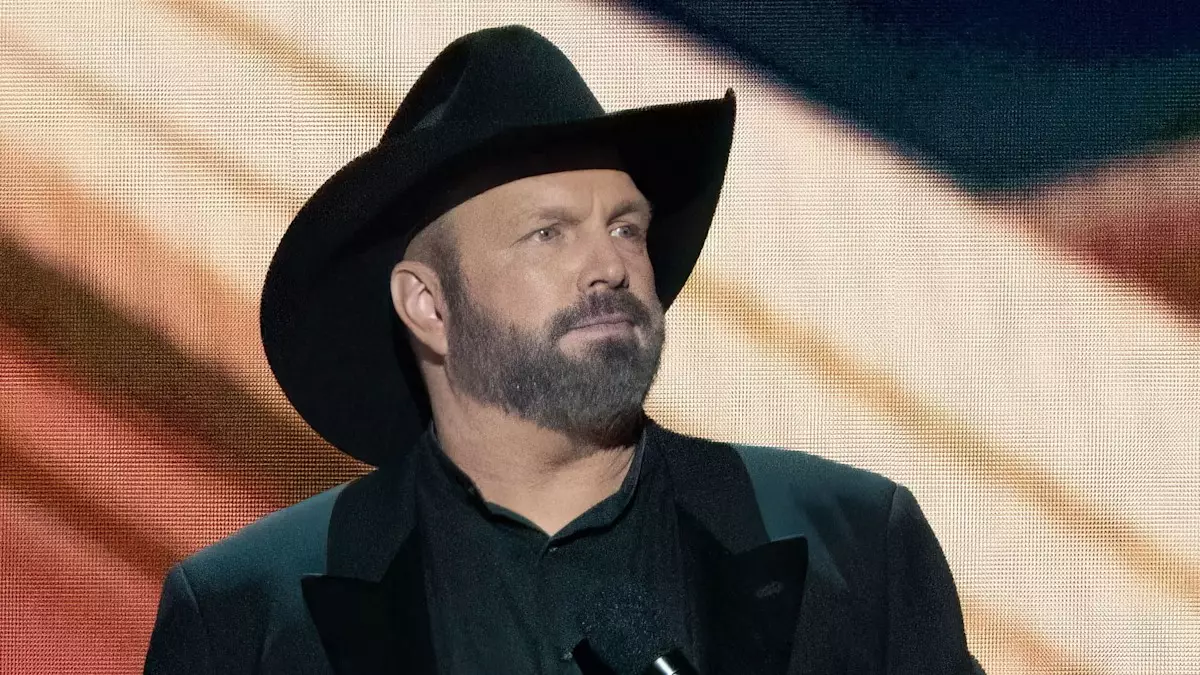The world of celebrity is often fraught with tension, especially when it involves allegations that can tarnish reputations built over decades. Recently, country music star Garth Brooks found himself in the eye of this storm following serious accusations made by an unnamed plaintiff, referred to as Jane Roe, in a lawsuit that has captivated public attention. The claims bring forth troubling allegations of sexual misconduct, which Brooks vehemently denies, asserting his innocence through a public statement that’s equal parts defensive and emotional.
According to the lawsuit, Jane Roe alleges that after being hired as Brooks’ hairstylist in 2017, she became a victim of multiple incidents involving rape and sexual battery. The plaintiff’s claims detail situations in which Brooks reportedly exposed himself and made inappropriate comments about sexual fantasies, including mentions of threesomes involving his wife, Trisha Yearwood. The gravity of these allegations raises serious questions regarding Brooks’ character and behavior, especially in a professional context where power dynamics often complicate such interactions.
The lawsuit notes an alleged incident during the 2019 Grammy Awards involving a hotel room rental that featured just one bed. During this occasion, Roe claimed Brooks exercised physical domination over her, culminating in what she described as an assault that led to significant psychological distress. Her claims stress not only the physical ramifications but also the emotional toll, stating that the experience led her to contemplate self-harm.
In response to the allegations, Brooks released a deeply personal statement. He expressed feeling threatened and harassed, suggesting that the legal action was an attempt at extortion rather than a pursuit of justice. He stated, “Hush money, no matter how much or how little, is still hush money,” aiming to illustrate his unwillingness to concede to what he refers to as unfounded claims. His assertion that he is being painted in a way that fails to reflect his true character highlights a profound struggle for his public persona amidst a whirlwind of media speculation.
Brooks went on to state his commitment to fighting against the allegations rather than succumbing to fear of potential reputational harm. He emphasized his intent to focus on music and philanthropy, asserting that his love for these pursuits is overshadowed by the gravity of the accusations. Additionally, the musician has preemptively filed a separate lawsuit in Mississippi aimed at stopping the publication of what he describes as falsehoods. Such legal maneuvering indicates not only his desire to protect his fame but also his dedication to clearing his name in a volatile situation.
This case raises broader issues regarding the prevalence of sexual assault and harassment in the entertainment industry, including country music, which has often been overshadowed by its rock and pop counterparts. The lawyers representing Jane Roe expressed hope that the lawsuit would empower other survivors to speak out, shedding light on a culture that may allow such behavior to persist unchecked.
Moreover, Brooks’ situation underlines the dichotomy between public adoration and private practices. Artists are often idolized, and the reality of their behavior can develop a stark contrast to the public image they project. This case begs the question of whether the industry is doing enough to hold its members accountable and provide a safe space for individuals to report misconduct without the fear of retaliation or disbelief.
As the legal proceedings unfold, the implications of this case extend far beyond the personal battle between Brooks and the claimant. It forces a critical examination of the culture within the music industry and an opportunity for introspection regarding how power dynamics play a role in harmful behavior. Regardless of the outcome, it serves as a poignant reminder of the importance of creating environments where victims can feel safe to come forward and share their stories.
Whether Garth Brooks will be vindicated or held accountable, the fallout from this situation requires a collective industry response. Listening to the voices of those who allege harm and establishing clear pathways towards justice are essential steps in ensuring that everyone is treated with dignity and respect. The music world is watching, and every note may be tinged with the gravity of this case.

Leave a Reply